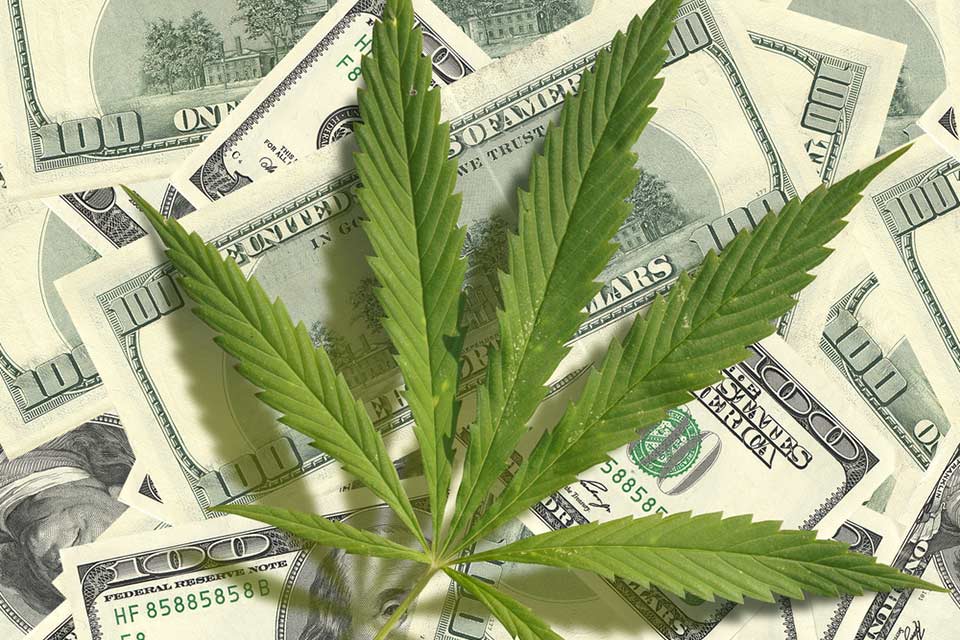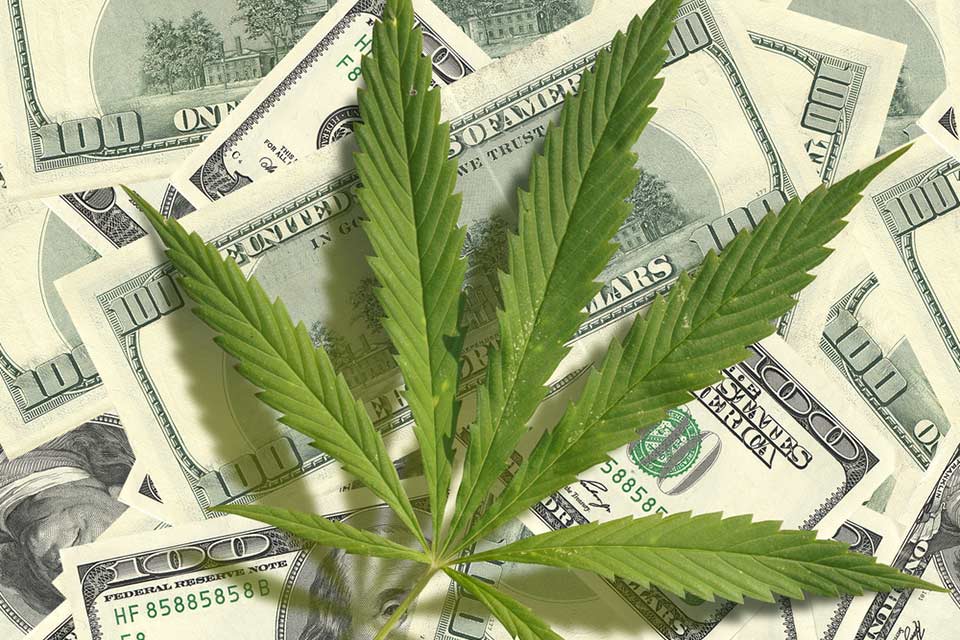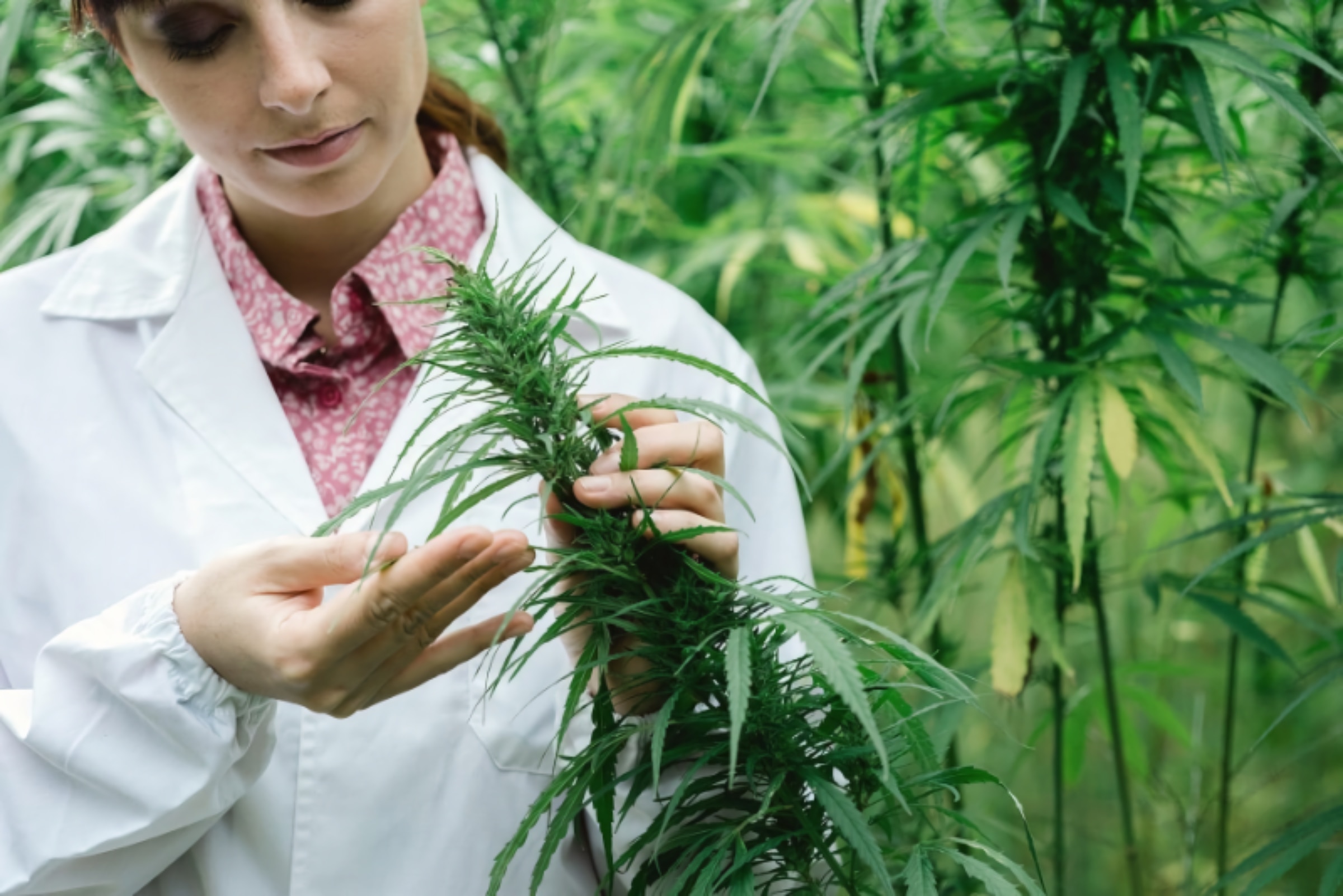June 13, 2019
 Are you paying too much for medical marijuana?
Are you paying too much for medical marijuana?
Millions of Americans are legally replacing pharmaceuticals with cannabis and the question of affordability has become critical.
All of the state programs are independent and in various stages of maturity. Prices, even for closely similar products, have a wide range. Confused consumers are often paying $1000 per month at dispensaries, sometimes a lot more.
Pennsylvania’s closed-loop system of limited marijuana permit holders is not a competitive free market. Under similar structures around the country, like in New Jersey and New York, these licensed cannabis cartels set product costs independently from regulators. There hasn’t been much official critique on the impact.
Now, a single paragraph buried in Pa.’s medical marijuana law will start bringing some transparency to consumer-level prices. It could also have a profound influence on medical cannabis products nationwide.
Voila; Section 705 of Pa. Act 16:
Prices.
The department [of Health] and the Department of Revenue shall monitor the price of medical marijuana sold by grower/processors and by dispensaries, including a per-dose price. If the department and the Department of Revenue determine that the prices are unreasonable or excessive, the department may implement a cap on the price of medical marijuana being sold for a period of six months. The cap may be amended during the six-month period. If the department and the Department of Revenue determine that the prices become unreasonable or excessive following the expiration of a six-month cap, additional caps may be imposed for periods not to exceed six months.
These 105 words grant Pennsylvania the first statutory mandate in the country to directly affect the cost of cannabis. No other state gets a place at the table – with the permit holders – for the price fix.
This regulatory exercise could bring a new wave of relief to consumers. Many are having serious difficulty calculating and covering annual expenses for marijuana therapy.
The biggest reason price is such an issue is because there are no regular health insurance offsets for cannabis products. That means every sale is cash, directly out of consumers’ pockets.
Certain conditions require more cannabinoids than others. Thus, the worst impact of high retail pricing at dispensaries falls upon the most seriously ill residents; many of whom also live on a fixed income.
Operators fiercely defended premium retail prices. The corporate coyotes, howling around their latest stock offering or holding company acquisition, jab fingers towards eager investors seeking a quick return on the pure, liquid capital used for start-ups.
Price caps that could favor seriously ill patients/consumers will be an entirely new concept to the cannabis industry, but it’s no innovation. Americans enjoy stable costs on everyday essentials like gasoline, electricity, water, food, and basic drugs because of price controls on essentials.
Many of Pa. permit holders operate in multiple states, including New Jersey. So, this first-of-its-kind provision could also have an impact beyond the Commonwealth’s borders.
The most devilish detail in the provision is what the Pa. Department of Health considers to be a “dose” of medical marijuana. Labels on products from the. manufacturers have also included suggested doses, especially on the vape pens
The reality is that cannabinoids have very individualized effects on human beings. Patients need a vast array of possible dosing combinations, sometimes in the same day.
Epidiolex, the first cannabis-derived drug approved by the FDA, allows doses for children to be increased upwards of 200 times over the original amount during seizure episodes.
The rule is similar for medical cannabis: Patients working with a doctor determine their individual dose, increasing as needed.
Hopefully, regulators will focus on the real concern: Monthly and annual costs to consumers. Pa. Department of Revenue spokesperson Jeffrey Johnson confirmed that implementation of Section 705 is underway. Johnson says that Pa.’s operators have 12 months to submit their first price reports – the first started in February 2019 – and then quarterly thereafter.
State governments in the business of regulating medical marijuana are beginning to recognize a serious responsibility to institute fair prices.
The tasty underground flower I can buy and smoke today costs $5-$10 per gram. Legal options inside regulated dispensaries should cost less, not more.












